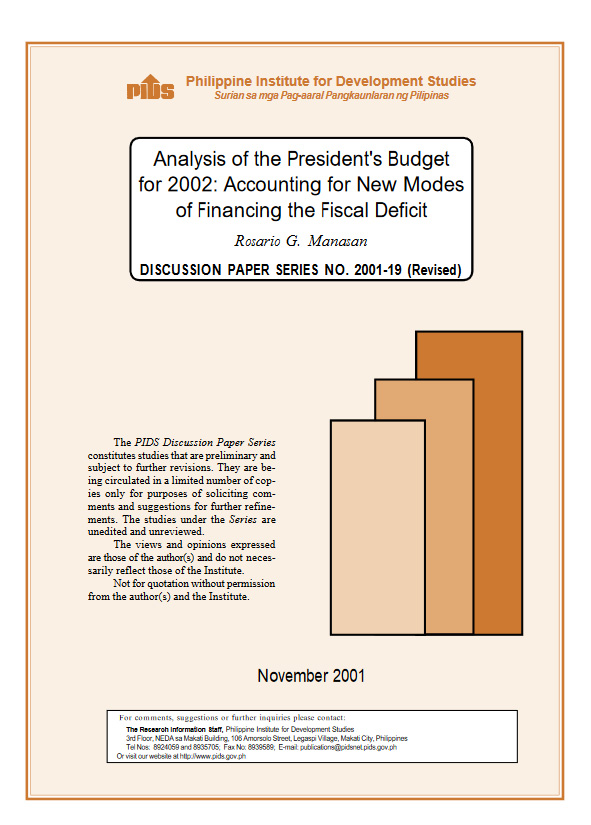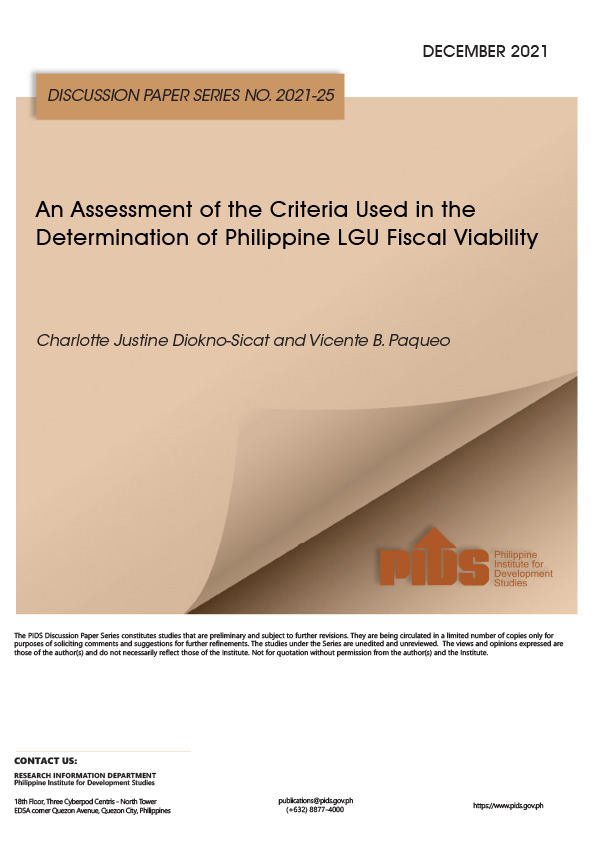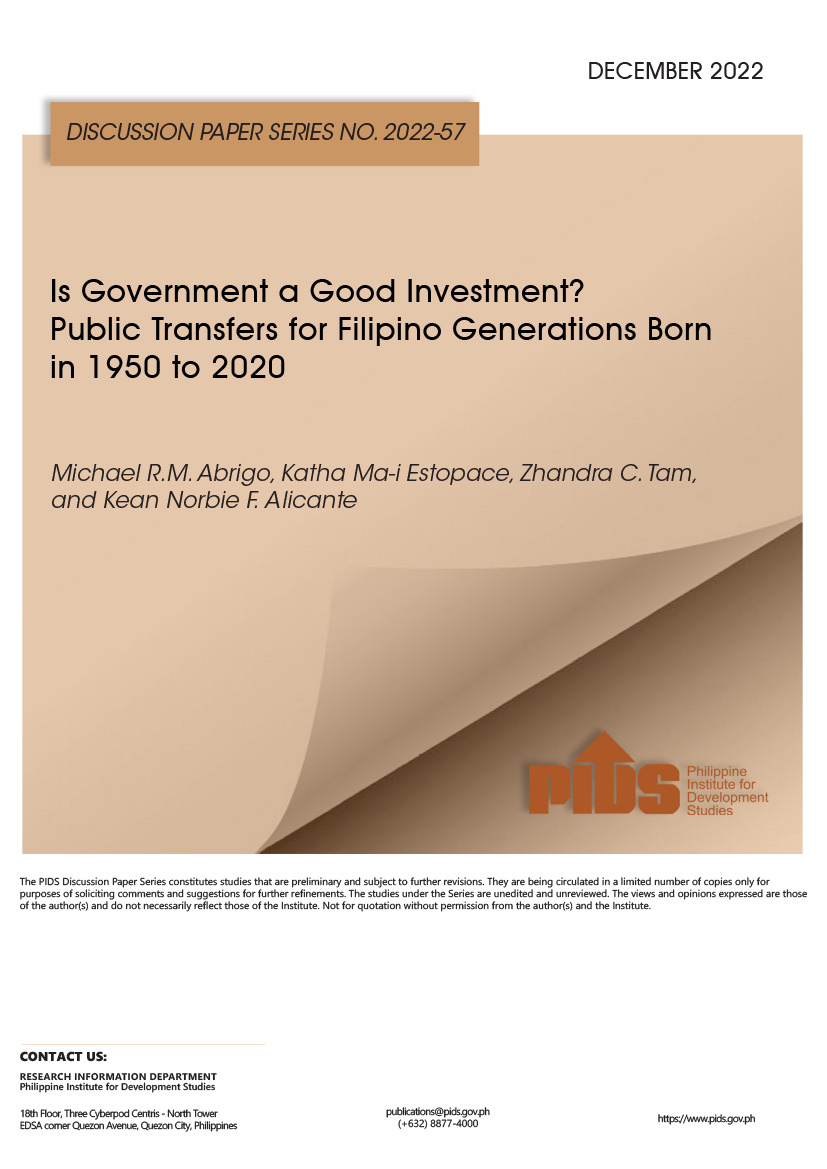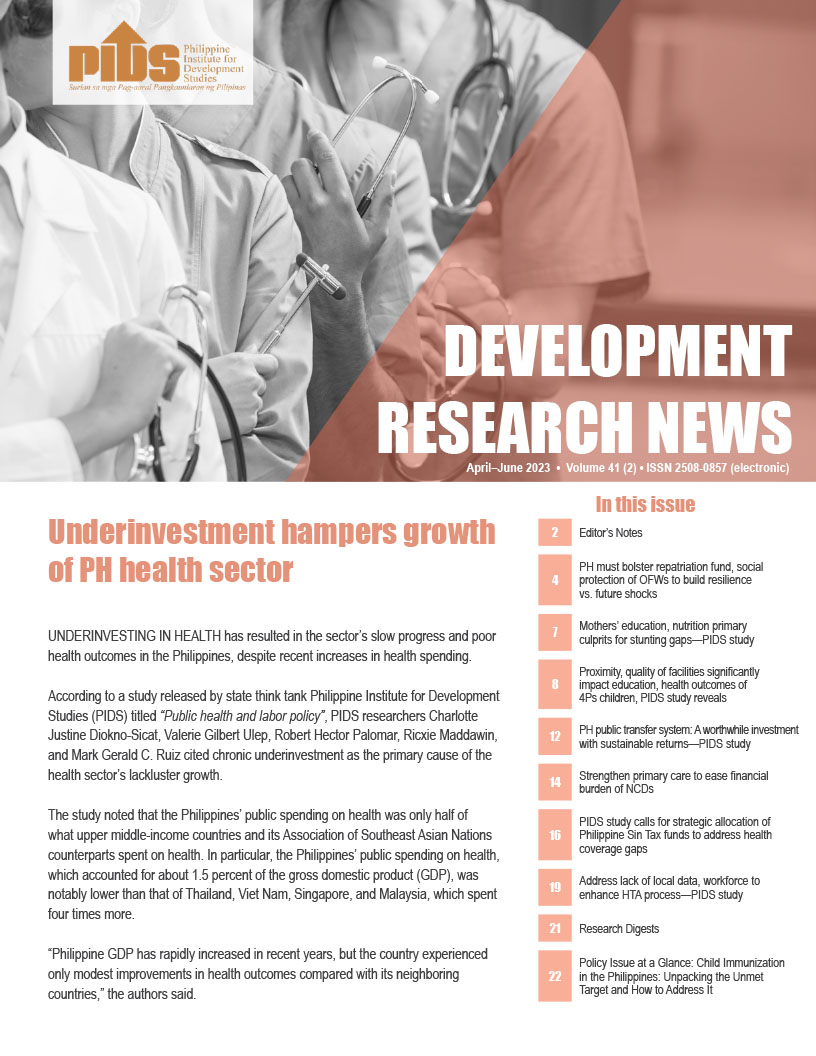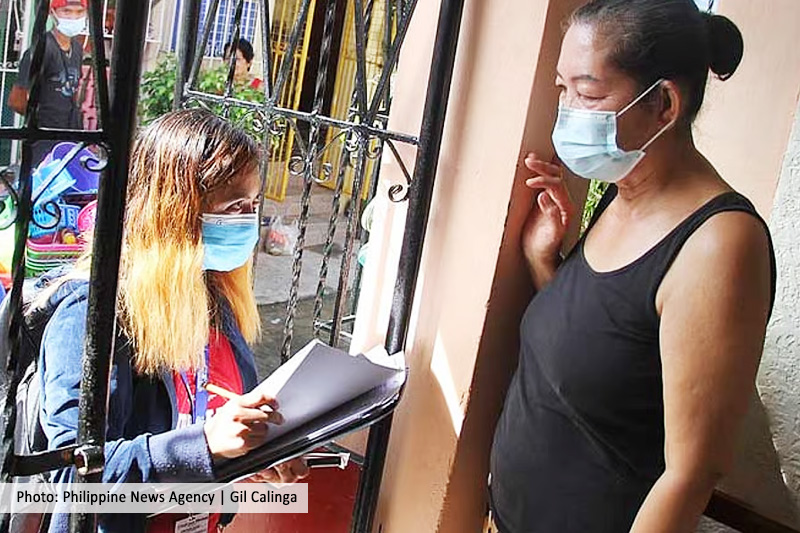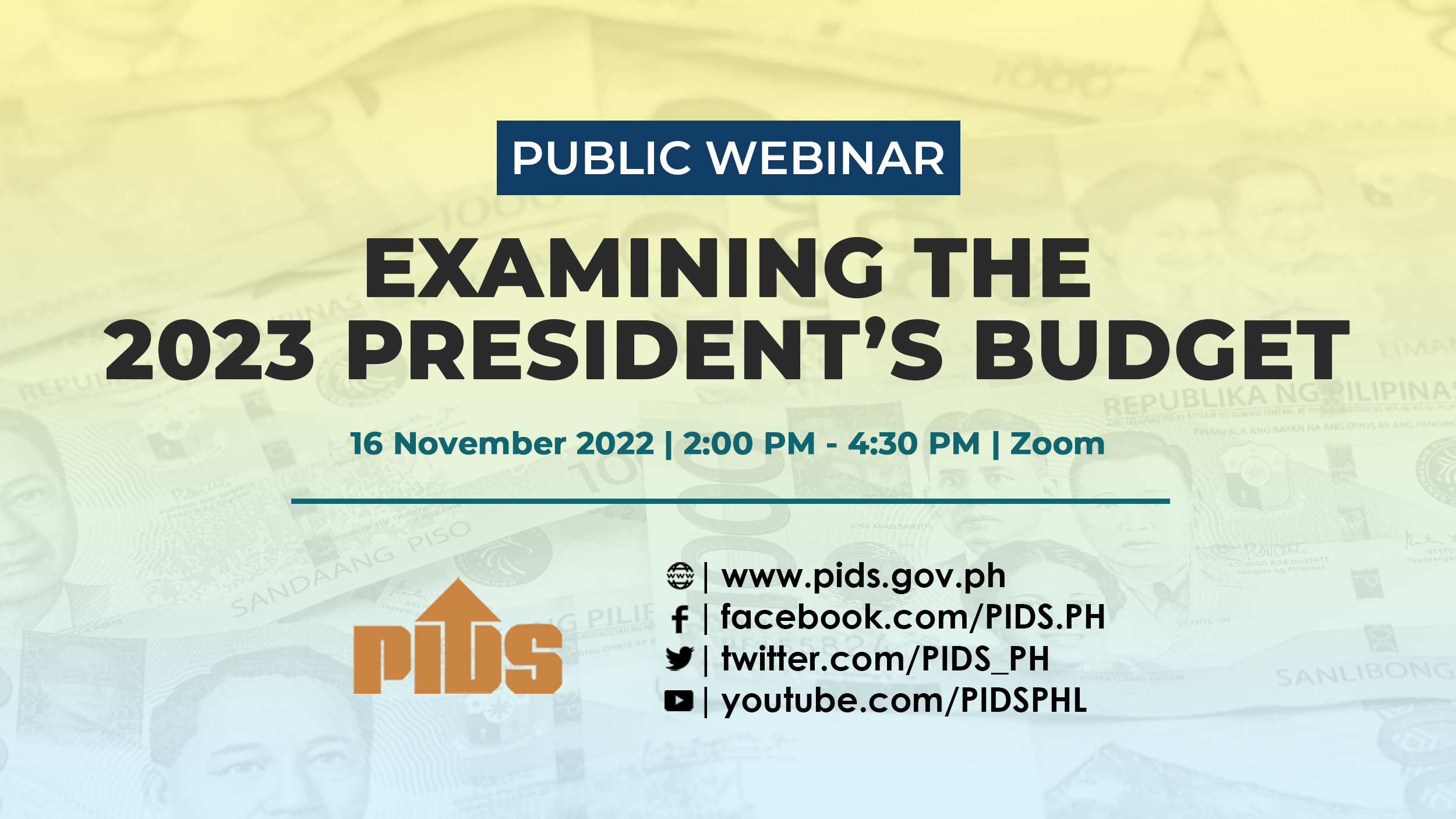This study presents a four-part evaluation of the President’s Budget (PB) for 2002. First, it shows that the speed of fiscal consolidation that is envisioned in the President’s Budget for 2002 will not be achieved. In particular, the fiscal deficit targets that are set in the proposed budget will be exceeded by P7.2 billion in 2001 and by P29.3 billion – P46.6 billion in 2002. Second, the study highlights the urgent to improve the revenue performance of the national government if it is to break free from the fiscal bind that severely restricts its policy stance. The paper likewise makes an assessment of the tax measures proposed by the Arroyo administration in this regard including the controversial shift to gross income taxation. Third, the fiscal outlook in 2001 and 2002 also underscores the squeeze on national government’s nonmandatory expenditures and the ensuing difficulties in providing for the budgetary requirements of economic growth and poverty alleviation that becomes apparent when the Arroyo administration’s expenditure priorities are assessed relative to the policy pronouncements and the overarching imperative for economic growth and poverty alleviation. Fourth, the study analyzes the issues that emerge from the use of innovative and creative modes of financing the fiscal deficit and the expenditure requirements of the national government. These new approaches include arrearages, zero-coupon bonds, and securitization of government assets. Because they have rendered the orthodox way of measuring the fiscal deficit less meaningful, their evolution have accentuated the need for greater transparency in the fiscal accounts.

